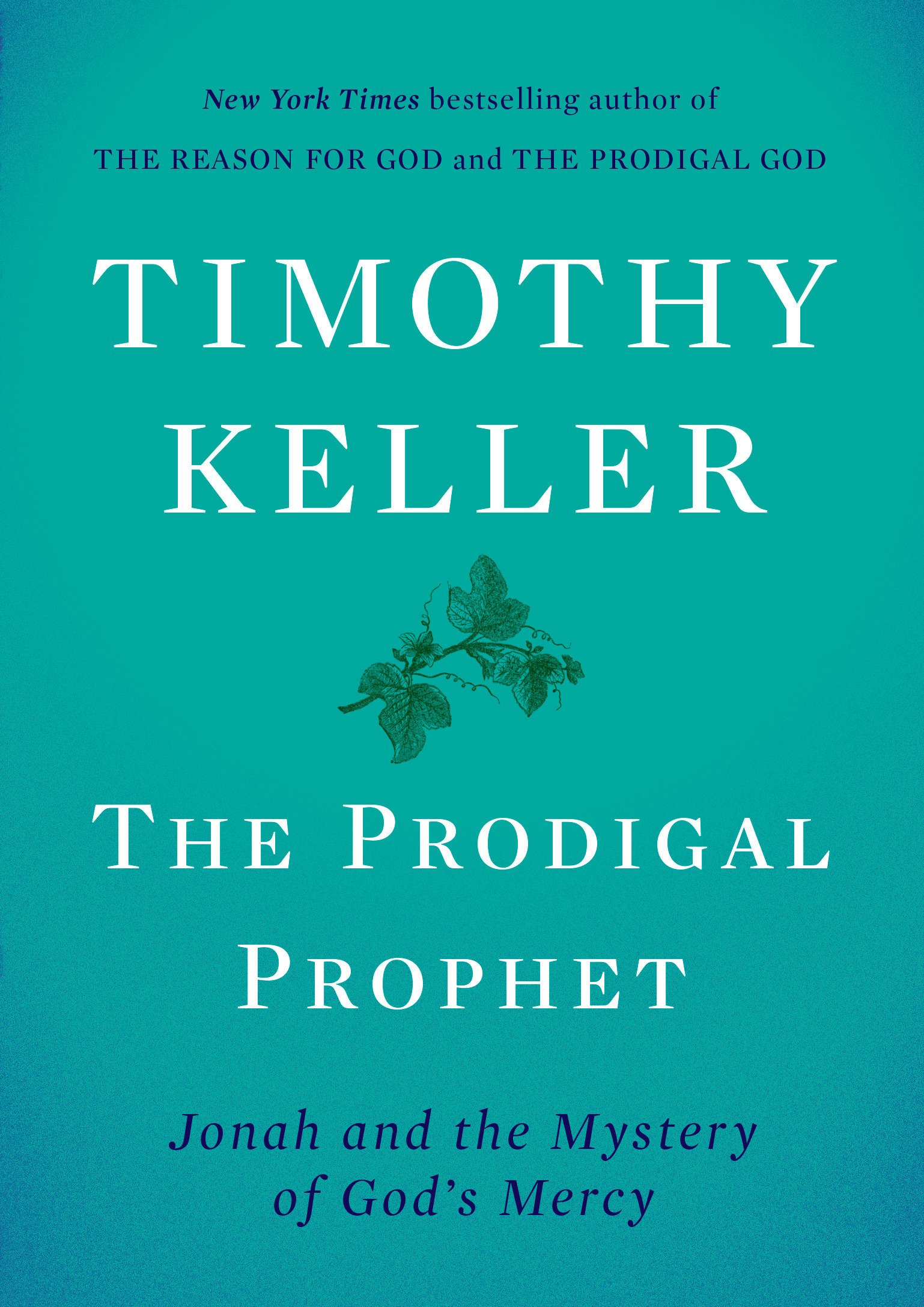By Tim Shaw
 As a child, I thought the book of Jonah was about a successful missionary who is miraculously swallowed by a big fish while on his way to share God’s Word with the people of Nineveh. Reading Timothy Keller’s recently published The Prodigal Prophet: Jonah and the Mystery of God’s Mercy (Viking: New York, 2018) deepened my understanding of this short, perplexing Old Testament book. I learned about the frequently overlooked “cliffhanger” of a final chapter, in which Jonah prays one of the most bewildering prayers recorded in Scripture. I realized Jonah, God’s appointed prophet, was a stranger to the very grace of which he preached. And, I came to understand that, while Jonah is saved by a fish, the greater miracle is that the God of grace pursues Jonah and, ultimately, changes his heart.
As a child, I thought the book of Jonah was about a successful missionary who is miraculously swallowed by a big fish while on his way to share God’s Word with the people of Nineveh. Reading Timothy Keller’s recently published The Prodigal Prophet: Jonah and the Mystery of God’s Mercy (Viking: New York, 2018) deepened my understanding of this short, perplexing Old Testament book. I learned about the frequently overlooked “cliffhanger” of a final chapter, in which Jonah prays one of the most bewildering prayers recorded in Scripture. I realized Jonah, God’s appointed prophet, was a stranger to the very grace of which he preached. And, I came to understand that, while Jonah is saved by a fish, the greater miracle is that the God of grace pursues Jonah and, ultimately, changes his heart.
Over the course of his career, Keller preached through the book of Jonah on three different occasions, each ten years apart. Those sermons form the basis of this book, organized in two parts: the first (chapters 1-9) is a verse-by-verse exposition of the four chapters of Jonah, and the second (chapters 10-12) is a recap of the entire book that broadly applies its themes to our current day. In this second section, he looks at our relationship to God’s Word, God’s world (which includes a timely, insightful explication of Christians and politics), and God’s grace.
Of the many lessons in the book, perhaps the one that impacted me the most was Keller’s discussion of our identity (defined by our purpose, place, and people) versus our true identity: “…God’s love in Christ [is] the most fundamental source of our self-worth. This displaces, but does not efface or remove, our other identity factors.” (pp. 176-77) There are numerous other lessons, to be sure, which Keller acknowledges when he writes, “The book of Jonah yields many insights about God’s love for societies and people beyond the community of believers; about his opposition to toxic nationalism and disdain for other races; and about how to be ‘in mission’ in the world despite the subtle and unavoidable power of idolatry in our own lives and hearts.” (p. 5) Yet, as Keller points out, the crucial message of the book is a theological one: “How can God be both merciful and just?” (p. 6) This question’s gospel-centric answer, which infuses the book, continually points the reader back to the astounding wonder of God’s amazing grace.
Like many of Keller’s books, this one is relatively short (a little over 200 pages) so it can be read by an individual in one sitting. Our home group used it as a 13-week study, and we found the material to be a great basis for discussion. I think, too, that the book would make an excellent gift for a recent graduate, for a friend who’s interested in learning more about Christianity, or for anyone who needs to bask again in the mystery of God’s mercy.
